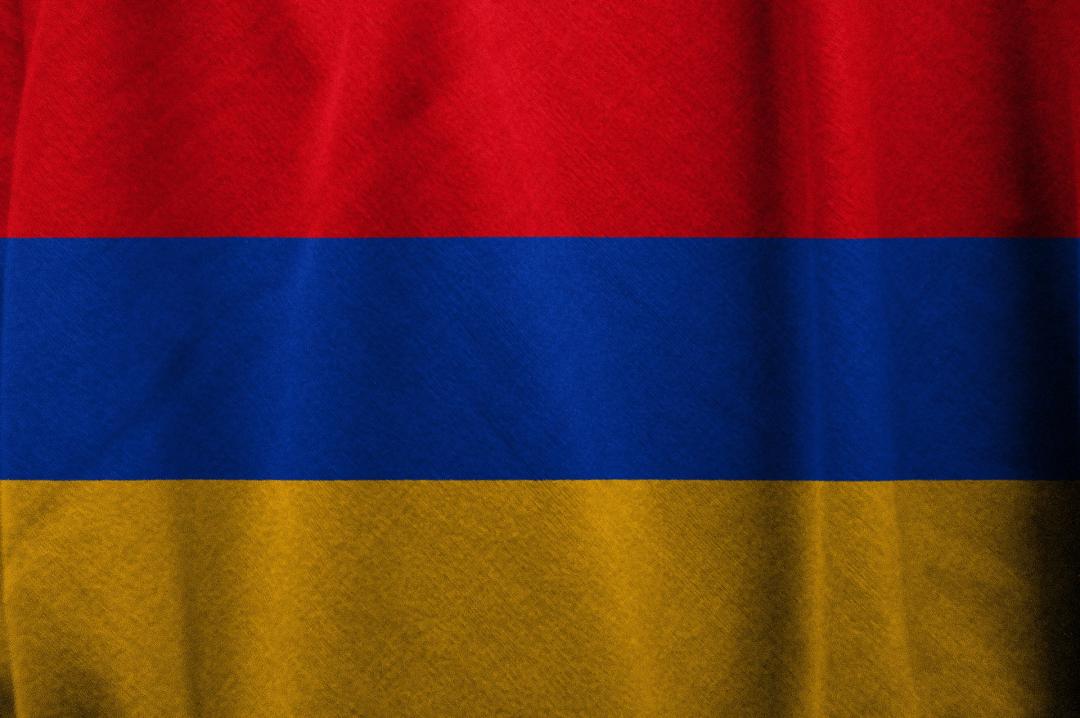
Armenia’s Diplomatic Efforts and Progress in Regional Relations

Strengthening Armenia-Kazakhstan Bilateral Relations
On October 15, Armenian President Vahagn Khachaturyan met with his Kazakh counterpart, Kassym-Jomart Tokayev, in Astana, signaling a desire to strengthen bilateral ties between the two countries. Kazakhstan’s President expressed confidence that recent agreements would boost cooperation and underscored the significance of high-level meetings. Tokayev noted that Kazakhstan views Armenia as a close and reliable partner.
This year marks the 25th anniversary of the Treaty of Friendship and Cooperation between Armenia and Kazakhstan, and cultural ties continue to flourish. Last year, the Days of Kazakh Theatre took place in Yerevan, while next year, Armenia will host the Days of Culture of Kazakhstan. Both leaders discussed further cooperation in economic, cultural, educational, and high-tech fields during an extended working dinner.
The Armenian President also held talks with Yerlan Koshanov, Chairman of the Mazhilis of the Parliament of Kazakhstan. The two leaders discussed how to further develop parliamentary cooperation, emphasizing the importance of legislative bodies in supporting democratic reforms and fostering parliamentary diplomacy.
Armenia’s Commitment to Peace and Progress Highlighted at IPU Assembly
At the 149th Assembly of the Inter-Parliamentary Union (IPU) in Geneva, Armenian National Assembly Speaker Alen Simonyan emphasized the crucial role of science, technology, and innovation in building a peaceful and sustainable future. Simonyan highlighted Armenia’s goal of tripling solar energy production by 2030, aiming to generate 15% of the country’s energy from solar power. This shift toward renewable energy is a key part of Armenia’s strategy to reduce its reliance on fossil fuels and lower greenhouse gas emissions.
On the diplomatic front, Simonyan revealed that Armenia and Azerbaijan have made significant progress in peace negotiations, having agreed on 16 points, up from the initial five proposed by Azerbaijan. "The time for peace is now," Simonyan declared, calling on Azerbaijan to seize this opportunity for a peaceful resolution. He stressed that while the agreement may not be perfect, it represents a crucial step forward that should not be hindered by perfectionism.
Diplomatic Engagements in Geneva
In addition to addressing the IPU Assembly, Alen Simonyan met with key international figures in Geneva to discuss Armenia’s diplomatic efforts and regional relations. On October 14, Simonyan met with Numan Kurtulmus, President of the Grand National Assembly of Türkiye. The two leaders discussed the ongoing Armenia-Azerbaijan peace talks and reaffirmed their commitment to the peace process. Simonyan also introduced the Turkish parliamentary leader to Armenia’s "Crossroads of Peace" project.
Simonyan also held talks with Om Birla, Speaker of the Lok Sabha (Parliament) of India, during which both sides emphasized the importance of strengthening Armenian-Indian relations. The discussions centered on enhancing parliamentary cooperation and addressing regional challenges, including the peace process with Azerbaijan.
U.S. State Department Clarifies Stance on Armenia-Azerbaijan Peace Agreement Ahead of COP29
The United States State Department has reiterated its neutral stance on the timeline for a peace agreement between Armenia and Azerbaijan. During a press briefing, spokesperson Matthew Miller clarified that the U.S. has not linked the peace deal to the upcoming COP29 summit in Baku. "We never tied the agreement to COP," said Miller. "We have been advocating for a peace agreement between Armenia and Azerbaijan for months, but it is ultimately up to the two parties, not the United States."
Armenia’s Prime Minister Nikol Pashinyan has proposed signing a peace treaty with Azerbaijan, including all articles already agreed upon, with unresolved issues to be addressed in future discussions. However, Azerbaijan has yet to accept this offer. This ongoing diplomatic impasse raises concerns about the potential for further tensions in the region as the COP29 summit approaches in November.
See Also


Mirzoyan Meets US Deputy Assistant Secretary Joshua Huck

Azerbaijani President Holds Talks with UAE and German Business Delegations on Economic Cooperation

Grigoryan Confirms Armenia’s Readiness to Dissolve OSCE Minsk Group Upon Peace Treaty Signing

Azerbaijani Official Warns of Ecological Risks to Caspian Sea, Similar to Lake Urmia and Aral Sea

